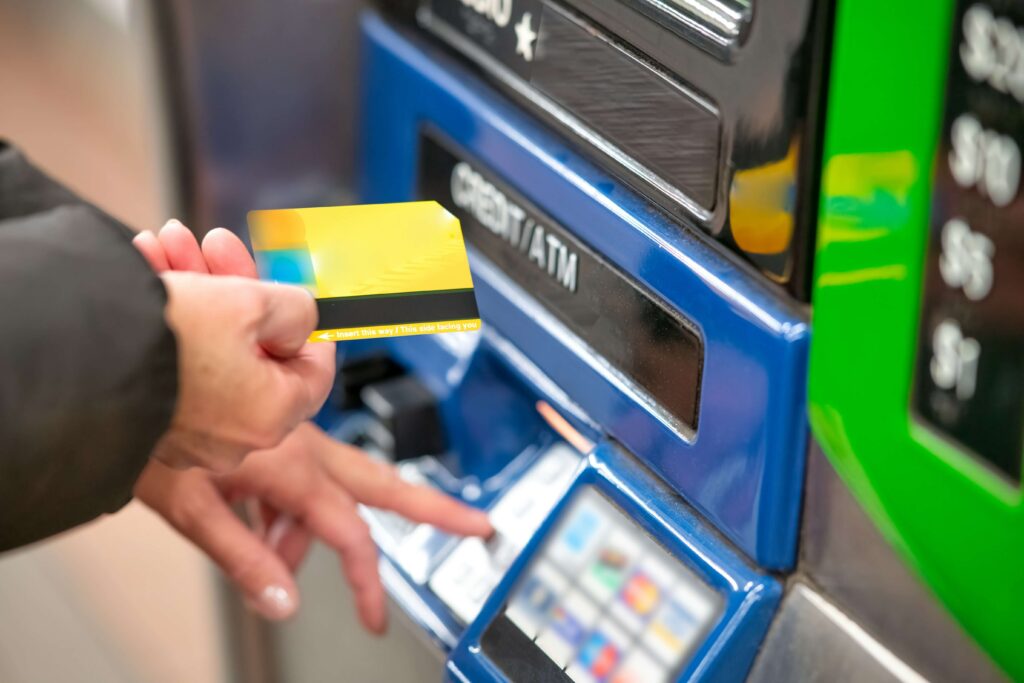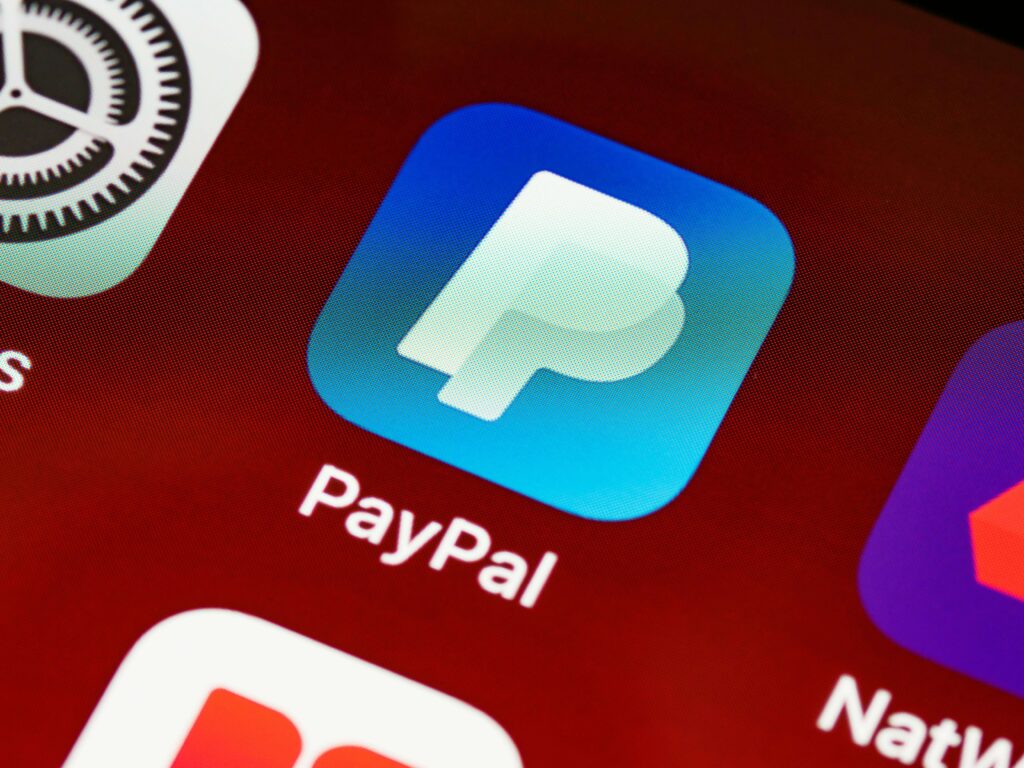Ever wondered what millionaires read to sharpen their mindset and strategies? Stick with me until the end, and you’ll get free and downloadable access to some of the most-read bestsellers by millionaires, including titles like The Millionaire Next Door and Think and Grow Rich.


To become a financially successful person, one might have to try a bit hard at first, but soon things become second nature. In short, rich people just learn ways to save and grow their money with a very small pain. If being wealthy is that easy—that making all those right decisions—why wouldn’t you do it? In this article, we’ll share the secrets that the rich use to save their money and stay successful. You don’t need to turn your life around, just adopt a few smart habits. Read on to find out how millionaires avoid wasteful spending while keeping their wealth. Here are 25 things rich people never waste a dime on.
27. Overpriced Technology Upgrades
Many millionaires know better than to get caught up in the cycle of constantly upgrading to the latest tech gadgets. Take the iPhone, for example—while the newest model might come with some cool new features, smart spenders realize that these changes are often pretty minor. Instead of jumping to buy the latest version every time it comes out, they stick with their current device until they really need an upgrade—like when it’s no longer working well, or it can’t support new apps or software. This simple habit helps them save money and put those funds toward investments that actually grow in value, unlike a phone that’s going to be outdated again in a year.
For instance, the differences between an iPhone 12 or iPhone 13 and the newest iPhone 15 are often small for most people. A millionaire might ask themselves, “Do I really need this new phone?” and, more often than not, they’ll keep using the one they already have unless the upgrade makes a big difference in their life. It’s not about denying themselves nice things—it’s about making thoughtful choices. By skipping unnecessary upgrades, they avoid wasting money and focus on purchases or investments that truly benefit their future.
📘 Free Downloadable Resource: Stay tuned! At the end of this article, I’ll share free access to must-read books like The Millionaire Next Door, Rich Dad Poor Dad, and Think and Grow Rich—don’t miss out!

26. Credit Card Interest
Credit cards sure are convenient, but the convenience can be a financial trap if misused. But with such a valuable tool, the wealthy actually do avoid getting zapped by high credit card interest because they know it sucks your money away. Instead of running up interest charges, they use strategic options to stay in control of their finances. One of those strategic moves is transferring or consolidating debt onto a credit card with a 0% introductory APR. Just remember to pay it all off before that promotional period is over, so there are no fees.
Henderson financial adviser suggests an alternative : take your non-deductible debt and roll it into a second mortgage, or a home equity line of credit, both of which can be deductible under some circumstances. And maybe even more importantly, when you’re debt free, learn to live within your means. Finally, Henderson points out, by saving consistently for the future you will accumulate wealth over time without incurring high-cost credit card or other expensive debt. High net-worth individuals are focused on wealth creation rather than the payment of interests. So should you be.

25. Low-Interest Savings Accounts
If you’re still using a traditional savings account to stash your cash, you may be missing out on one of the biggest opportunities for it to grow. While such accounts offer security and easy accessibility to your money, they don’t bring much interest at all. The average national interest rate for savings is an abysmal 0.06%. In comparison, alternatives do exist where high yield savings accounts only the rich know about are shopped smarter.
📘 Free Downloadable Resource: Keep reading! I’ll be sharing free access to bestsellers like ‘Atomic Habits‘ and ‘The Millionaire Next Door‘ at the end of this article.
Online-only banks and credit unions more frequently offer much better interest rates than the traditional variety, because they have so much less overhead. For example, in a survey by GOBankingRates, it was found that some credit unions offer as high as a 7% APR on savings accounts. Consider moving your money from a simple savings account to a high-yield one to make your money grow faster if you want to be wealthy. It’s one of the many small adjustments that can make a big difference over time.

24. Retirement Rip-Offs
Even seemingly small fees, like a 1% charge on a 401(k), can take a significant bite out of your retirement savings. According to Garrett Gunderson, founder of Wealth Factory, a fee as small as 1% can reduce your retirement balance by up to 28%. Retirement plan fees often include administrative charges, legal fees, and marketing fees, such as 12-b-1 fees. On top of that, there are expense ratios for fund managers, which can add up even if the fund doesn’t outperform a low- or no-cost index fund.
To avoid these costly fees, carefully review the fee disclosure statements for your 401(k) or any other retirement plan. This can help you identify unnecessary fees and consider switching to a lower-cost option. Over time, reducing these fees can significantly boost your savings. One of the biggest retirement mistakes people make is overlooking the impact of hidden or unanticipated costs on their long-term wealth.
By keeping an eye on these fees, you can ensure you’re getting the most out of your retirement savings.

23. Bank Fees
The rich do not let the bank charges take part of their money while it can simply be avoided. A 2016 CNNMoney analysis found that just the three largest banks in America — JPMorgan Chase, Bank of America, and Wells Fargo — took in more than $6.4 billion from ATM and overdraft fees. For example, most banks charge some accounts with maintenance fees on a monthly basis, which could accumulate to a large amount. It is really very easy to avoid these fees when you know the system.
For example, a Bank of America Core Checking account does have monthly charges of $12, but all you need to do to not pay them is fulfill some easy conditions. Maybe this means keeping an average daily balance or making a direct deposit over a given minimum amount — but all of this requires just being strategic with your banking. Rich people make these smart choices, and so can you.

📘 Free Downloadable Resource: Don’t forget! At the end of this article, I’ll be offering you free access to a collection of must-read books for anyone serious about building wealth.
22. PayPal Subscriptions
However, buying things online using PayPal might result in some surprise monthly charges, especially when signing up for memberships or subscriptions. As certified financial planner Steve Wang explains, this all goes back to the fact that PayPal isn’t your main bank account, so you might not notice these recurring charges. So many businesses out there take advantage and just keep charging you until you cancel actively.
And these ‘small’ payments are able to slowly but surely siphon money out of your account over time. Wang advises: ‘Revisit your PayPal payment history occasionally.’ All you’ll probably see is a charge you don’t remember—that would be a subscription payment. PayPal has a separate page in the settings with an intuitive interface, where all automatic payments may be controlled and canceled. If you would not like to save yourself from non-desired expenses, then look into your PayPal account from time to time: some forgotten recurring fees may pop up.
It’s an easy and, at the same time, one of the very effective ways in which those tiny charges can drain your budget away by taking care of all the transactions made on PayPal.

21. Lottery Tickets
Among the worst of all methods to attempt to build wealth : playing the lottery. That means it’s virtually like throwing money down the drain, since 1 in 292 million are your odds of winning the grand prize with Powerball. Those small sums put on lottery tickets become rather sizable when done with regularity. For instance, if someone spends money on two tickets twice a week throughout the year, he will be losing more than $400 by the end without gaining anything in return other than those slim chances. We see these pitfalls, avoid them, and do things that make more sense with our money.
According to Henderson, the lottery is something low-income people play constantly. Higher-income earners only really play when the jackpots are extremely huge and media interest is high. Instead of wagering your future, put logical investments into assets building wealth for the long haul. Rich people compound their money through smart choices, not through lottery tickets.

20. Late Fees
Financially successful people steer clear of late fees that slowly seep away their account balance and hurt their credit rating. That’s in just one year, according to The Motley Fool; in 2016, credit card companies collected $12 billion in penalty payments alone due to late fees. Even if you pay off the full balance on your card each month, you’re still in for an expensive penalty if you pay late, and that fee adds up over time.
Nearly every bill you pay—utilities, rent, credit cards—carries a procrastination penalty. Just think of how much more you could be saving without those late charges. Savvy savers don’t incur these expenses by paying their bills automatically. If you’ve ever asked, ‘How do I get rich?’ the answer is to start by automating your payments so you can easily skirt the late charges and penalty rates. A small change, but one that can make a big difference to your finances.
📘 Free Downloadable Resource: Remember, at the end of this article, I’ll be sharing free access to the books that have shaped the minds of successful millionaires—don’t miss out!.

19.Luxury Cars (Unless It’s an Investment)
While millionaires can easily afford luxury cars, many of them actually choose not to splurge on high-end vehicles unless there’s a good reason—like it being a smart investment. Cars, in general, lose value the moment you drive them off the lot, and wealthy individuals understand this. Instead of dropping loads of cash on a flashy car just for appearances, they often go for reliable, practical vehicles that get the job done without the hefty price tag. It’s not that they can’t buy luxury cars; it’s that they prefer to invest their money in things that grow in value, rather than things that quickly depreciate.
That said, some millionaires do buy luxury or classic cars, but only when they know it could actually increase in value. A rare Ferrari or a classic Porsche, for example, can become a collectible that’s worth more over time. In these cases, the car isn’t just a toy—it’s an investment. The key is that wealthy people don’t see luxury cars as status symbols to show off; they only make the purchase when they know it’s a smart financial move that could pay off later.

